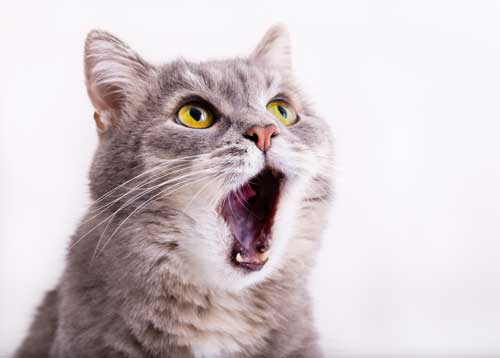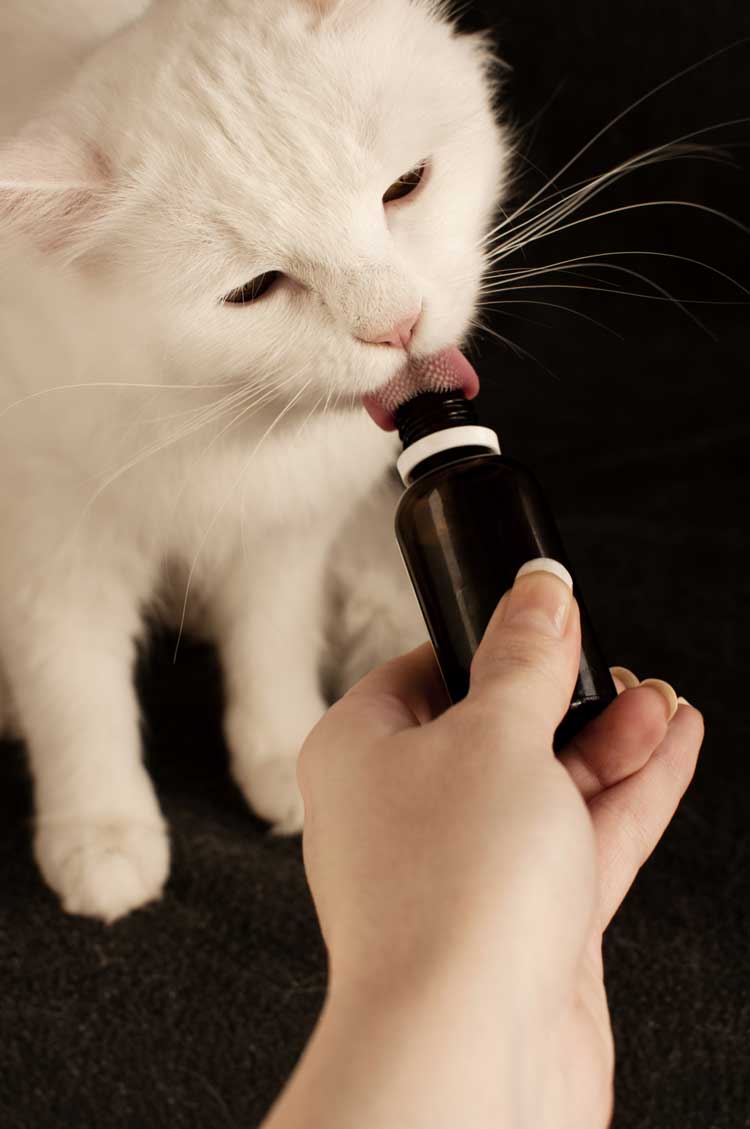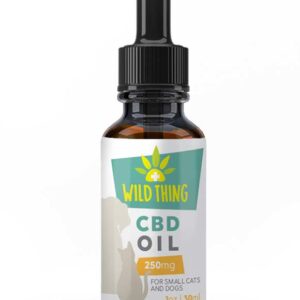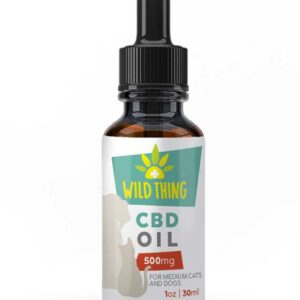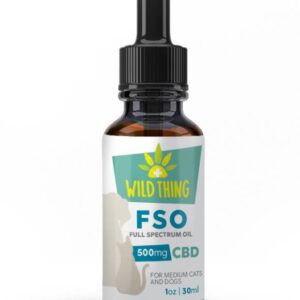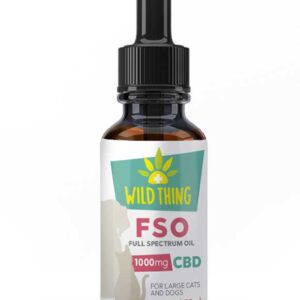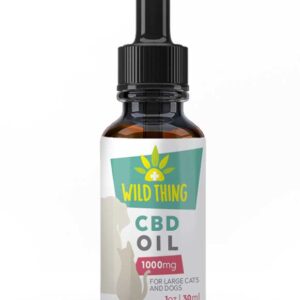Your cat doesn’t drink coffee, so what’s the feline excuse for “morning breath”?
Has your cat ever yawned and cleared a room? Okay, maybe that’s a bit extreme, but sometimes a cat’s breath can smell worse than their gaseous discharge. In all seriousness, if your cats breath is unbearable, you may actually have a problem on your hands. Ongoing bad breath can be caused by a variety of health problems and may require some investigating. In many cases, far more than a breath mint or banaca is needed to take care of the underlying cause.
Ailment Guides:
feline hygiene
What causes feline bad breath?
Diet
That fishy food you are giving Fluffy could be to blame for unpleasant odor that smacks you in the face day after day. Maybe they are eating something in the yard or house that is also contributing to their strange brew breath. The good news is, this is simple to fix. Stop feeding them foods that smell awful.
Dental or Periodontal Disease
About 75% of cats over the age of three suffer from dental disease. Inflamed gums, difficulty chewing or favoring one side over the other when eating are all signs of Dental Disease. The smell is actually coming from odor-producing bacteria that has built up in your cats mouth.
Gingivitis
Gingivitis is the inflammation of the gums. Cats develop Gingivitis from allergies, viruses or bacteria, but the most common cause is dental disease.
Metabolic diseases
Bad breath could be a sign that something more serious is wrong with your cat, such as kidney disease. This is particularly common in older cats when their kidneys become overwhelmed and can’t detoxify sufficiently anymore. Diabetes and liver disease could also be conditions affecting your cats breath and if you suspect this is the case a visit to your veterinarian is in order.
Preventing your cat’s Bad Breath
Taking preventative measures is probably the best thing you can do to avoid bad breath in your cat. Good old fashioned oral hygiene is a great place to start when it comes to prevention. Brushing their teeth can help remove plaque before it forms and stop bacteria from forming and causing gum inflammation.
Understandably, older cats may not be “down” with the toothbrush. You should try to start this when your cat is young so they are more open to the idea of having a toothbrush in their mouth. You can also book a professional teeth cleaning with your veterinarian if you are unable to accomplish the task yourself.
There are also treats and food you can get for your cat that can help prevent the buildup of tartar and plaque and improve overall dental health.
Why CBD can be an effective treatment & preventative for your cat’s bad breath
CBD – or Cannabidiol – can be an effective remedy for feline hygiene and gastrointestinal problems.
Cannabidiol (CBD) can be very beneficial for maintaining your cat’s immune system, cardiovascular system and overall vitality. CBD helps to lessen the effects of lethargy, gastrointestinal issues and reduces anxiety, aggression and stress-related disorders.
Think of CBD as a supplement that can reduce the severity of feline bad breath by limiting the number of infections, tumors and gastrointestinal issues. It can be ingested, under the tongue, or applied topically to the affected areas. One of the most beneficial components of CBD is that it does not irritate the point of contact, nor does it cause any hallucinogenic effects.
Cannabidiol is a phytocannabinoid that has been shown to have a prominent effect on numerous ailments – including epilepsy, arthritis and cancer. Remedies containing CBD achieve this by interacting with your pet’s endocannabinoid system. Almost all animals, like people, have an endocannabinoid system; this network of neurotransmitters is integral to physiological processes like memory, mood, pain, stress and appetite.
CBD can help your pet by producing anti-inflammatory, anti-anxiety, antipsychotic, antispasmodic and analgesic effects indirectly – that is, CBD interacts with a cat’s ECS (Endocannabinoid System) opposite to THC which directly binds to the Cannabinoid Receptors of the body. This does two things: makes the positive remedial properties more bioavailable to your cat; and lessens or negates the psychoactive effects, such as those associated with THC ingestion.
As you can see by the scope of ailments that are affected by CBD, it is clear how introducing CBD into your cat’s routine can benefit their oral health and hygiene.
Ailment Guides:
Can Your Dog Get A Cold
Lung Cancer In Dogs
Feline Dementia

